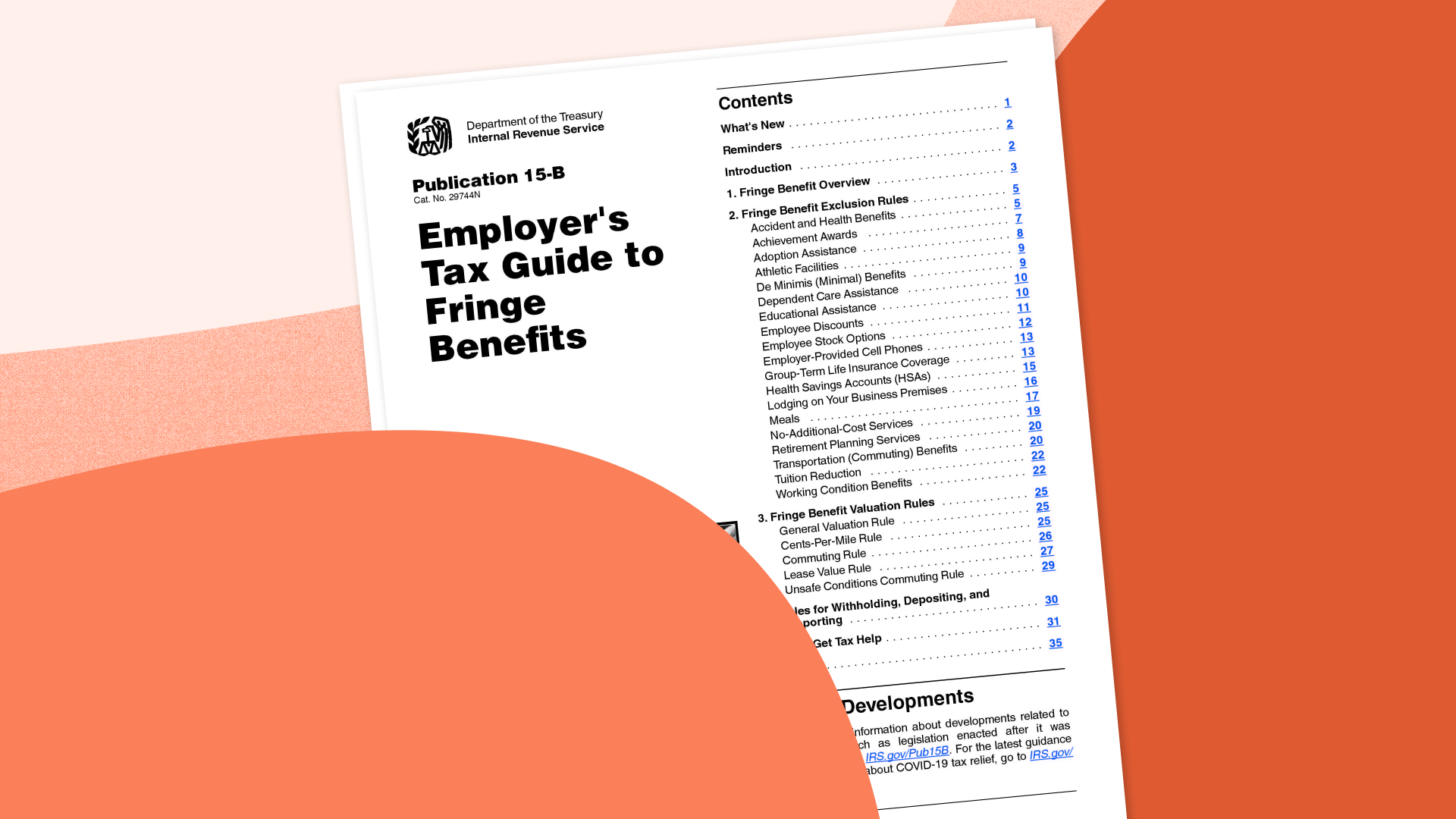Understanding SUTA Tax
Differences Between SUTA and FUTA
How to Calculate SUTA Tax
Filing and Paying SUTA Tax
SUTA Tax Credits and Reductions
SUTA Tax Compliance
Common Questions About SUTA Tax
How Justworks Can Help
If you're a business owner or an employer, understanding various tax obligations is crucial. One of the trickier elements to navigate is SUTA tax, a vital part of the unemployment insurance system. But don’t worry, we’re here to break it down for you. In this article, we'll break down what SUTA tax is, why it's important, and how it affects your business.
Understanding SUTA Tax
What Does SUTA Stand For?
SUTA stands for State Unemployment Tax Act. This tax is designed to fund unemployment benefits for workers who lose their jobs through no fault of their own. Each state has its own SUTA program, and the tax rate and rules can vary from state to state. It’s essential for employers because it directly impacts how unemployment benefits are financed.
Why Is SUTA Important?
SUTA ensures that there's a safety net for workers who find themselves unemployed through no fault of their own. For businesses, it’s important because it’s a legal obligation, and staying compliant helps avoid penalties and ensures your employees are covered if they meet the qualification requirements for unemployment benefits.
How Does SUTA Work?
Employers pay SUTA tax based on a percentage of each employee's wages. This percentage can vary depending on the state and the employer’s experience rating (how often they’ve had to claim unemployment benefits). This tax money is then pooled into a state fund used to pay out unemployment benefits. Employers should regularly check their state's specific requirements to stay compliant.
Differences Between SUTA and FUTA
What is FUTA?
FUTA stands for Federal Unemployment Tax Act. It’s similar to SUTA but operates at the federal level. FUTA provides funding for the administrative costs of unemployment benefits and helps states cover their unemployment programs.
Key Differences
Wage Base: SUTA is state-specific, and the amount of wages subject to SUTA tax varies depending on the state. FUTA is a federal tax with a standard tax wage base that applies across all states.
Tax Rates: While SUTA rates are determined by individual states, FUTA has a fixed rate set by the federal government.
Usage of Funds: SUTA funds go directly to the state’s unemployment insurance program, while FUTA funds support federal unemployment programs and state administrative costs.
How to Calculate SUTA Tax
Determining Your Tax Rate
Your SUTA rate is influenced by various factors, including your business’s history of unemployment claims, your industry, and the size of your payroll. Each state sets its own base rate, but it can increase or decrease based on your “experience rating,” which reflects your company’s past unemployment claims.
Filing and Paying SUTA Tax
When to File
SUTA tax is generally filed quarterly. Each state has its own filing deadlines, so it's essential to stay informed about your state’s specific requirements.
How to File
Most states offer electronic filing options for SUTA tax. Employers can typically file through their state's Department of Labor or Employment website. Be sure to keep accurate records of your payroll and tax payments for auditing purposes.
SUTA Tax Credits and Reductions
FUTA Tax Credit
Employers who pay their SUTA tax on time can receive a credit against their FUTA tax liability. This credit can significantly reduce the amount of FUTA tax you owe.
Reducing Your SUTA Rate
Some states offer programs to help employers reduce their SUTA tax rate. These programs may include:
Experience Rating: Employers who provide state agencies with timely, adequate and accurate response to state inquires when unemployment claims are filed may qualify for lower tax rates
Voluntary Contributions: Employers can make additional payments to lower their future tax rates.
SUTA Tax Compliance
Avoiding Penalties
Failing to comply with SUTA tax requirements can result in penalties and interest charges. To avoid these, ensure timely and accurate filing and payment of your SUTA tax.
Staying Informed
Tax laws and rates can change, so it's important to stay updated on any changes in your state’s SUTA tax regulations. Subscribing to updates from your state’s Department of Labor or Employment can help you stay compliant.
Common Questions About SUTA Tax
Who Is Exempt from SUTA Tax?
Certain types of employment may be exempt from SUTA tax, but limited to:
Independent Contractors: Typically, independent contractors are not subject to SUTA tax.
Family Employment: In some states, family members working for a family-owned business may be exempt.
Select Non Profits: Some educational charitable and non profit organizations.
How Is SUTA Different from Other Payroll Taxes?
SUTA tax specifically funds unemployment benefits, while other payroll taxes, like Social Security and Medicare, fund different social insurance programs.
What Happens If I Don't Pay SUTA Tax?
Failure to pay SUTA tax can lead to severe penalties, including fines and interest charges. In some cases, it may also result in legal action against your business.
How Justworks Can Help
Navigating SUTA tax might seem daunting, but with the right knowledge and tools, it becomes manageable. If managing SUTA tax and other payroll responsibilities feels overwhelming, consider partnering with Justworks. Justworks can handle payroll, tax filings, and compliance issues, freeing you to focus on growing your business. They provide expertise and take on the administrative burden, ensuring you stay on top of your tax responsibilities without the hassle. Get started with Justworks today!
Check out our newsletter
Monthly tips on running a business in your inbox.
Check out our newsletter

Learn more with Justworks’ Resources
Scale your business and build your team — no matter which way it grows. Access the tools, perks, and resources to help you stay compliant and grow in all 50 states.






